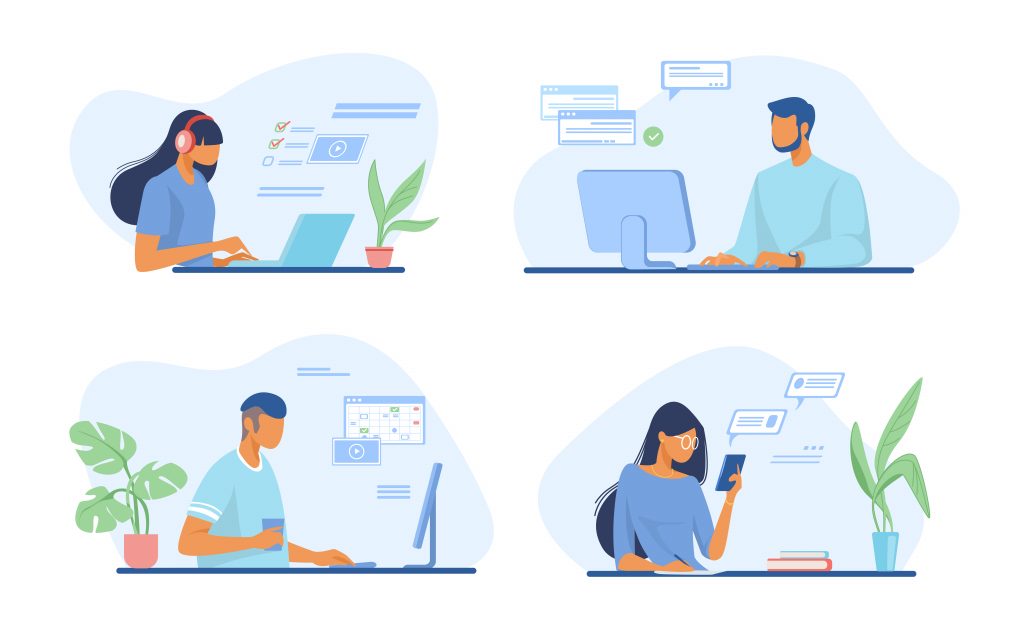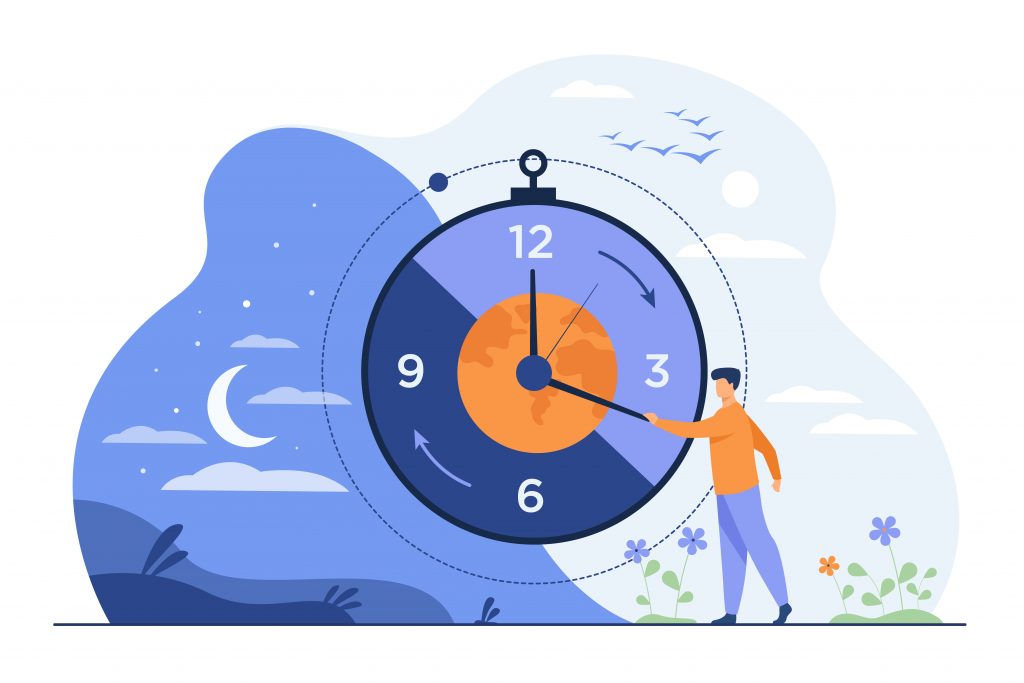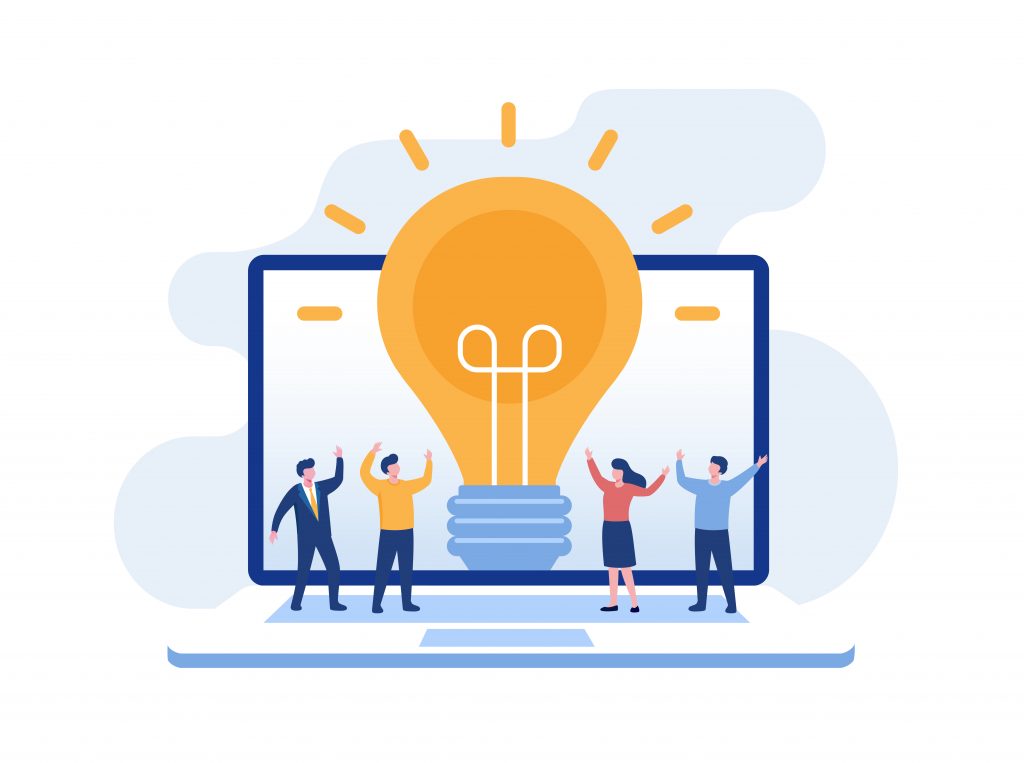
Streamline Your Hiring Process: The Best HR Software for Startups
Get equipped with insights on selecting the right HR software for startups, including tips for successful implementation.

A Human resource information system or HRIS is a software solution developed to help HR professionals manage data. Its numerous benefits and supportive functions make it an asset in the everyday tasks of HR departments (HRD) and companies in general.
One of the main objectives of HRIS is to aid the overall job of HR professionals, especially in big companies where the HR department has a great deal on its plate. HRIS solutions can also be customized to the specific needs and requirements of small(er) companies and startup firms.
Various laws and regulations must be followed, and HRIS functions can help ensure they comply with each and every one.
Furthermore, HRIS can alleviate a majority of the paperwork and many of the administrative tasks, leaving more time for HR workers to focus on high-level tasks.
The purpose of the HRIS system for startup firms is to help HR professionals execute and track some of the following processes and tasks:
Moreover, with the aid of HRIS tools and techniques, HR professionals can retrieve, collect, record, store, share, and analyze valuable data related to many different aspects of the working life of employees.
HRIS offers solutions to utilize this data in the most appropriate way for each company or organization.

The abovementioned benefits can find a broad application in HR processes for big companies but can lessen many of the tasks in the HR department of small businesses as well.
Small companies require effective HR strategies to grow.
HRIS solutions make many administrative and bureaucratic tasks much easier for HR teams.
It also involves the employees in the company processes with a self-service system. Thus, enabling HR teams to dedicate enough time for employee and company development and support business growth.
Most importantly, when HRIS is used in smaller companies or startups, it predisposes them for future growth and guides them towards a competitive advantage.
As HR professionals obtain more and more data, the need for a system to manage it all in the most sensible way for the organization is evident.
While HRIS can be customized to meet the specific goals and plans of individual companies, the main components of HRIS cover the needs of most of them.
Various surveys ask HR professionals what are the components of HRIS that they find most valuable. Statistics show that up to 50% of companies look for core HR functionalities when searching for HRIS. Some of them include:
1. Database
The core of the HRIS lies in the employee and organizational information database. It has a centralized nature, meaning it can be approached anywhere, anytime. On the other hand, it creates greater data security by making confidential data accessible only to authorized users on demand.
By leveraging this data, HR teams can be both time and cost–effective, can reduce manual and paperwork, diminish redundancy, and improve overall productivity.
2. Time Management and Employee Interface
HRIS can help in monitoring and regulating employee work hours. Moreover, through HRIS, employees can ask for PTO, and managers can answer their requests immediately. This data can be further connected to the payroll function within the same HRIS software.
But what’s best, employees can enter this data in the HRIS by themselves, making the job of HR teams easier while allowing them to track attendance and punctuality.
This employee interface of HRIS allows employees to update their personal information, access specific documents, review their own performance, download benefit programs and documents, and more.

3. Payroll and Benefits
HRIS can leverage the timekeeping data to quickly calculate and prepare payroll and compensation, preventing mistakes in the overall process and making the job easier for HRD. Therefore, 30% of companies request payroll to be included in the basic functions of HRIS software.
Additionally, HRIS can be used for various types of employee benefits, including medical, retirement investments, and others. Ultimately, the centralized database of HRIS allows a transparent approach to pay and benefit information for the employees and the company in general.
4. Talent Management
HRIS solutions can help HR teams in employee recruitment, onboarding, and retention. They can accept and sort out online applications faster and filter them by specific filters required for the job opening.
According to the statistics provided by BambooHR, when HRIS is used for onboarding processes, it drives the employees to be five times more engaged. The practical usage of HRIS for onboarding reduces turnover rates by 30%.
It can also lead employees through every phase of employment and training and development processes. Therefore, using HRIS for talent management can benefit employees and organizations, allowing them to align their mutual goals towards the desired business growth.

The importance of the human resource information system in a company or organization is easily visible through its direct influence on business growth. The streamlined HR processes allow HR teams to create a value-enhanced ecosystem.
Thus, HR management systems can help HR workers:
Information systems can help companies by creating a tech-savvy workplace. Modernization through automation and technology allows:
The data obtained by the information systems provides a well-structured dataset, allowing for data to be easily accessed, shared, and stored, ensuring data safety and security.
Lastly, information systems can help a company’s decisions and strategic plans and pave the path for future growth.
Human resource information system has vast benefits and valuable functions that aid in the overall HR processes. It lessens the daily job in the HR department while enabling opportunities for future growth and development.
Browse our curated list of vendors to find the best solution for your needs.
Subscribe to our newsletter for the latest trends, expert tips, and workplace insights!

Get equipped with insights on selecting the right HR software for startups, including tips for successful implementation.
Gain insights into applicant tracking system pricing with a comprehensive cost vs. value analysis. Discover how investing in the right technology can optimize your recruitment process for maximum efficiency and results.
Explore some of the most effective approaches to tracking employee attendance with templates that offer accurate and customizable solutions and timesaving.

Discover how marketers leverage intent data to effectively target and engage potential customers for improved conversion rates and ROI.
Used by most of the top employee benefits consultants in the US, Shortlister is where you can find, research and select HR and benefits vendors for your clients.
Shortlister helps you reach your ideal prospects. Claim your free account to control your message and receive employer, consultant and health plan leads.